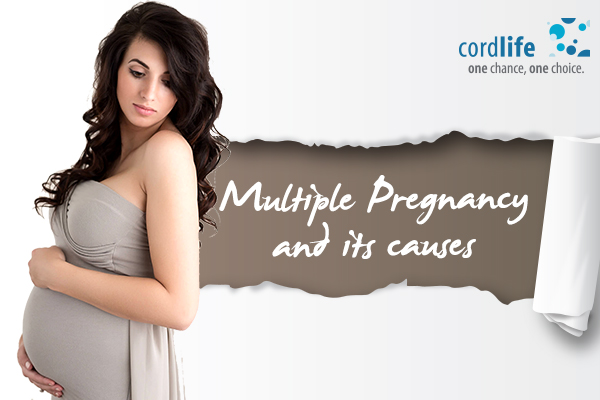Table of Contents
Many of us have seen a couple with a set of babies that may or may not be identical in their looks. These can be twins (two babies), triplets (three babies), quadruplets (four babies), quintuplets (five babies) or even more.
A multiple pregnancy occurs when a women conceives more than one baby in her womb. Some natural as well as artificial factors are responsible for such an occurrence, state top IVF doctors from the most reputed test tube baby clinics in Delhi. Some of these factors are mentioned below-
- Monozygotic or identical babies – Such a pregnancy occurs when the egg that has been fertilized splits into two or more parts and each part forms an individual baby. The babies thus formed are identical in various ways that include their physical appearance, hair color, eye color, blood type et cetera.
- Dizygotic or fraternal babies – This form of pregnancy occurs when two eggs are fertilized around the same time and get implanted hence, causing pregnancy. These babies are generally not identical and develop just like singletons babies.
- Trizygotic or fraternal babies – Similar to Dizygotic pregnancy, this form of pregnancy occurs when three eggs are fertilized around the same period giving rise to three babies or triplets.
- Quadrazygotic or fraternal babies – This kind of pregnancy occurs when four eggs are fertilized.
There is an array of reasons that can lead to the formation of multiple babies in a pregnancy. These include one’s age, their family history of twinning, the medication they consume and infertility treatments such as In Vitro fertilization and others.
A multiple pregnancy could be diagnosed through an ultrasound easily. In addition, blood and urine tests can also help decipher the same through the following observations-
- The amount of hCG in the body is immensely high
- The uterus is growing at a higher rate than expected
- The fetal movement in the womb felt by the mother is excessive
- More than one heartbeat is heard
A multiple pregnancy is riskier than a singleton pregnancy. The mood swings are stronger and varied, the uterus grows bigger and there could be a lot more discomfort for the mother. This also denotes that the mother shall have to get herself checked and tested several time to ensure that the pregnancy is progressing safely. Furthermore, the mother must keep a track of everything that she feels so that the doctor can treat her better.
